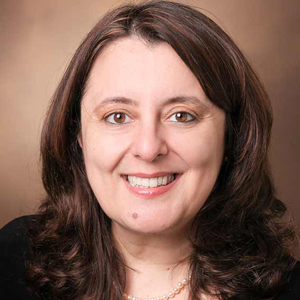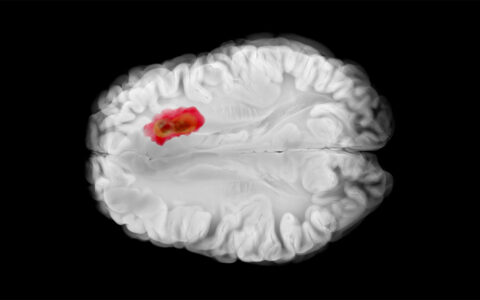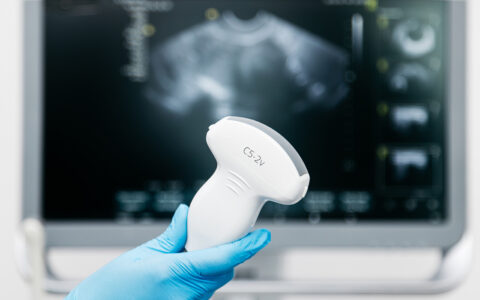For select patients with relapsing multiple sclerosis (MS), autologous hematopoietic stem cell transplantation (aHSCT), a specific type of bone marrow transplantation that aims to re-organize the immune system, may offer durable symptom relief.
This was the conclusion from a consensus on aHSCT by the National MS Society recently published in JAMA Neurology, and it is exciting news for what was once considered to be an unsafe procedure.
According to Francesca Bagnato, M.D., a member of the National Medical Advisory Committee of the National MS Society that put forth the guidance, narrow patient selection is currently the key to successful aHSCT treatment.
“The fundamental piece of information is aHSCT is specifically indicated for those patients who have aggressive MS despite the use of disease-modifying agents,” said Bagnato, an assistant professor of clinical neurology at Vanderbilt University Medical Center. “Studies have shown that people with active disease, indicated by new active lesions on MRI or disease exacerbations, are more likely to benefit from aHSCT.”
A neuroimaging expert, Bagnato helps lead Vanderbilt’s Multiple Sclerosis Center, which is recognized by the National MS Society as a Center for Comprehensive MS Care.
Disease-modifying Therapies
Prior to the discovery of interferon beta medications in the mid-1990s, there were no treatment options to affect the disease course of MS, Bagnato said.
“The fundamental piece of information is aHSCT is specifically indicated for those patients who have aggressive MS despite the use of disease-modifying agents.”
“The discovery of the effect of interferon beta injections in patients with MS was really a breakthrough and kicked off a revolution.”
Now, an expansive list of disease-modifying therapies (DMTs) available for MS enables patients to choose their preferred route of administration and dosing regimen, factors that promote adherence and compliance.
Patient, Provider Selections Both Crucial
Still, some patients with relapsing MS have aggressively active disease despite treatment with DMTs. This is the group that the National MS Society says may benefit from aHSCT.
Compared to earlier reports, the procedure has demonstrated significant improvement in safety when performed by experienced, certified clinicians.
“Patients need to know that this is not an easy procedure and really needs to be handled by experts in the field,” Bagnato stressed. For this reason, the National MS Society informs on how to identify an aHSCT treatment center and guides on the importance of searching for centers that are accredited by the Foundation for Accreditation of Cellular Therapy.
The recommendations specified that the best candidates for the procedure are people younger than age 50 who have had MS for less than 10 years and, despite treatment with a highly efficacious DMT, have had new inflammatory MS lesions in the central nervous system and/or clinical relapse.
Refining Protocols, Indications
Due to variations in the way the procedure is carried out, the committee indicated that further research is needed to define optimal protocols.
For example, directly assessing how aHSCT matches up to the most efficacious DMTs now available to treat MS may inform how indications for aHSCT can be further refined to maximize the likelihood of success and minimize unnecessary side effects.
“The reason this is important is because aHSCT doesn’t come free from side effects,” Bagnato said. “It’s a commitment and a big challenge to the immune system. It should only be used for patients who really need it and cannot take advantage of higher potency medications that we now have available.”
As patients with MS navigate complicated decisions about their disease, Bagnato emphasizes the importance of ensuring they have easy access to support. She and colleagues lead a monthly patient support group, which provides an important forum to discuss topics like aHSCT.
“We enjoy meeting patients virtually, outside the clinic, to share tools that empower each and all of them to make the safest decisions regarding their care and to discuss aspects of MS which one may not have time to cover during a clinic visit,” Bagnato said.




